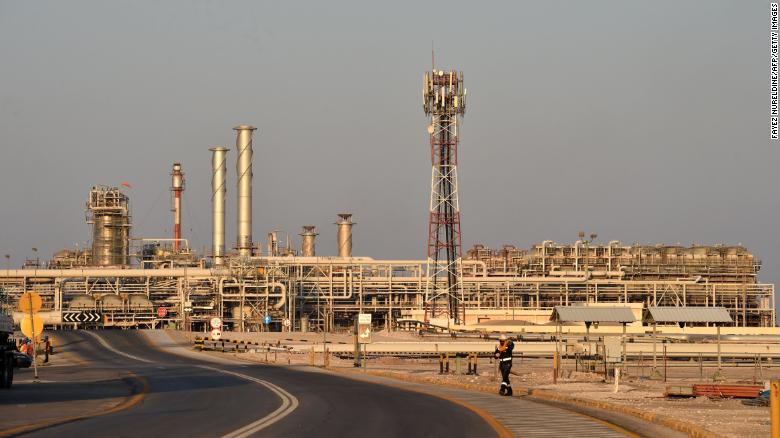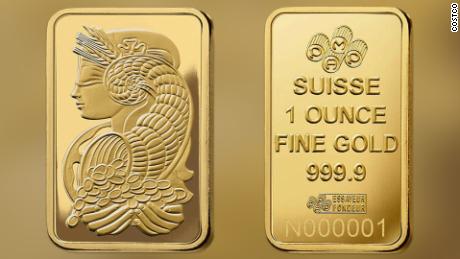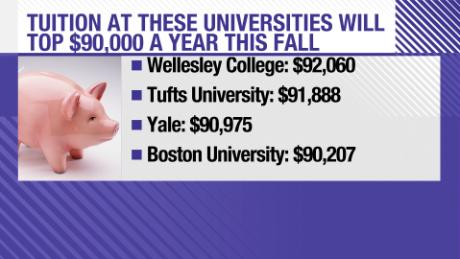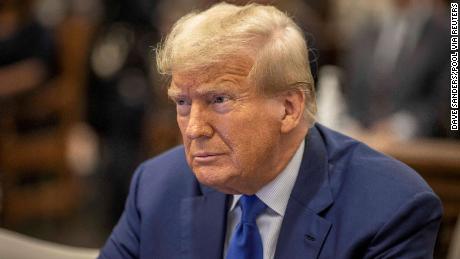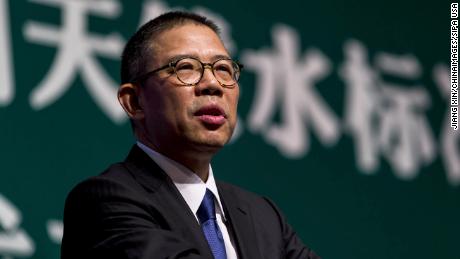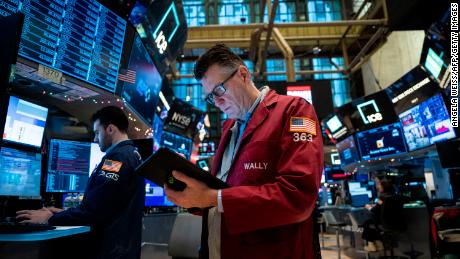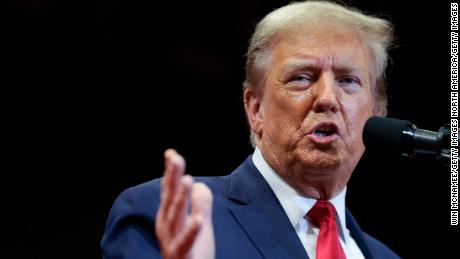New York (CNN Business)Saudi Aramco has exercised its "over-allotment option" to raise the size of its already record breaking initial public offering.
Aramco, Saudi Arabia's giant state-owned oil monopoly, said late last week it had issued an additional 450 million shares, raising the size of its IPO $3.8 billion to a total of $29.4 billion.
An over-allotment ŌĆö also called a "greenshoe option" ŌĆö allows a company to issue a certain percentage of additional shares above what it had initially planned for an IPO. The option can act as a stabilizing mechanism to keep shares from falling below their offering price.
The additional shares were allocated during the bookbuilding process, meaning no more shares are being offered on the market as part of the option, the company said. And though Aramco's share price has slumped slightly since mid-December, because it never fell below its IPO price, the company will take home the additional profits from the over-allotment.
When the oil company made its historic debut on the public market last month, its initial offer of 3 billion shares, about 1.5% of the company, at 32 riyals ($8.53) each raised $25.6 billion. The deal made Aramco the most valuable publicly traded company in the world. By the following week, shares had edged up 10%, though they fell short of reaching the $2 trillion valuation target sought by Crown Prince Mohammed bin Salman.
The Kingdom of Saudi Arabia owns the majority of the company, and the IPO has been part of an effort by bin Salman to raise money to diversify the Saudi Arabian economy.
But shares of Saudi Aramco have trended down in recent weeks, in part because investors were bracing for potential Iranian retaliation to the US airstrike killing of Qasem Soleimani, the country's most powerful general.
As of last Monday, the stock's total decline since peaking on December 16 hit 10%, wiping more than $200 billion off the company's market value. However, the share price improved slightly later in the week.
